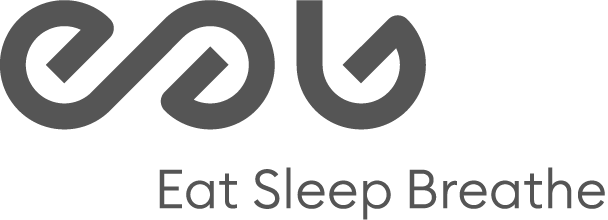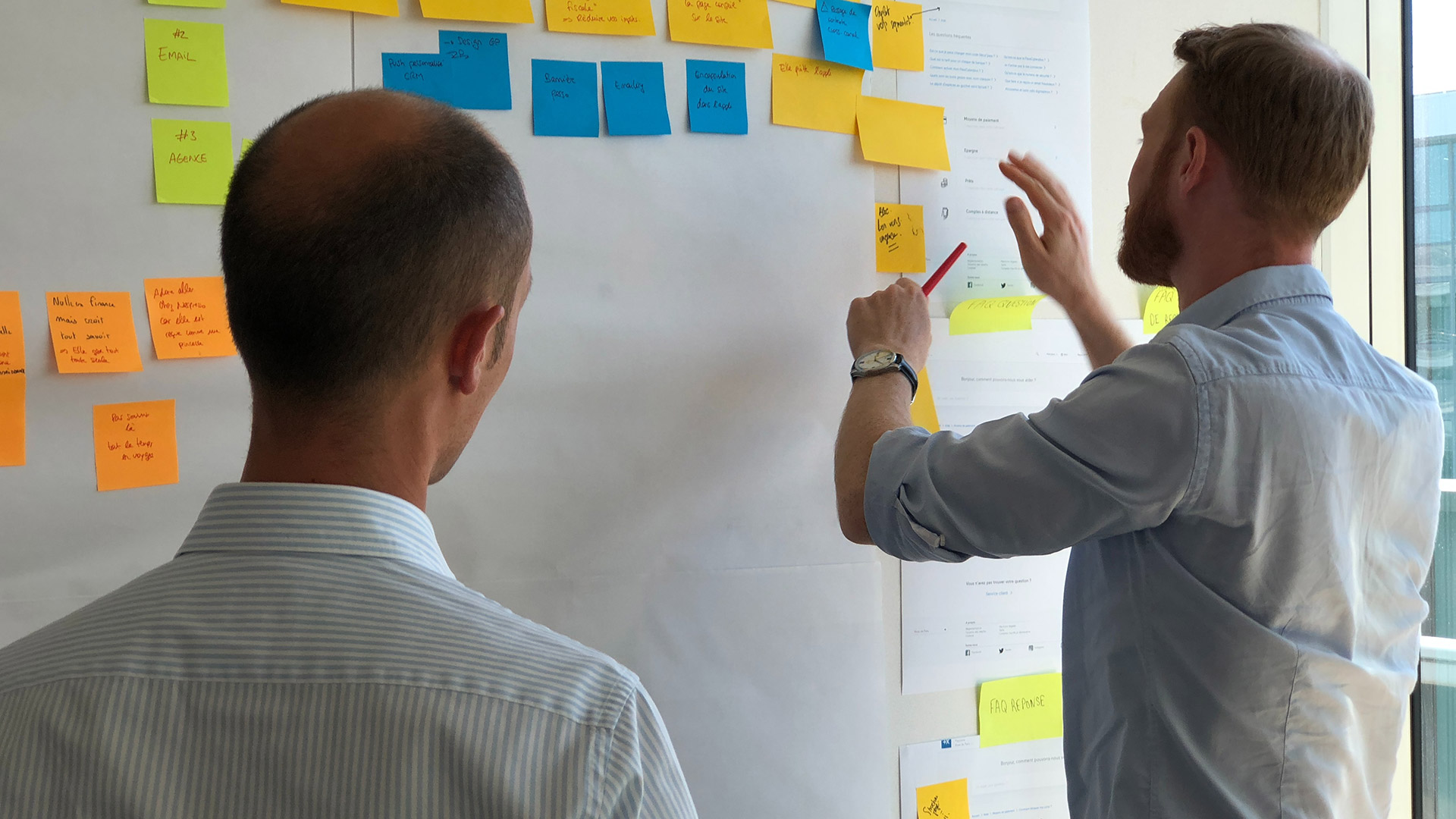Have you ever used an app or website and thought, “Why is this so difficult to use?” or “This doesn’t make sense!”? We’ve all been there. But what if I told you there’s a solution, and it’s called a UX workshop? Let’s dive into the world of UX workshops and see how they’re shaping the future of application design for both Web 2 and Web 3 projects.
What are UX Workshops?
UX workshops are sessions where designers, developers, stakeholders, and sometimes even users come together to brainstorm, design, and prototype user experiences. Imagine building a house without a blueprint; sounds chaotic, right? That’s where UX workshops come in, offering that much-needed blueprint for digital construction.
The Role of UX in Application Development
User Experience (UX) isn’t just about making things look pretty. It’s about understanding the user’s needs, emotions, and behaviours. A well-designed UX ensures that users can navigate easily, find what they’re looking for, and enjoy their digital journey.
Why UX Matters More than Ever
In today’s digital age, users have countless options. If they find an app or website confusing or difficult to use, they’ll move on. Investing in UX ensures that your application is not just functional but delightful, keeping users engaged and loyal.
The Magic Behind Web 2 and Web 3 Projects
Web 2 brought us social media, user-generated content, and interactive websites. Now, Web 3 promises a decentralized internet powered by blockchain. With these advancements, the importance of user experience is skyrocketing. Without proper UX, these innovative platforms could become digital mazes.
UX Workshops: The Game Changer
A single UX workshop can save weeks of design and development time. By getting everyone on the same page, ensuring user needs are at the forefront, and iterating designs early, workshops streamline the development process and guarantee user-friendly outcomes.
The Financial Upside of Good UX
Think of UX as an investment, not a cost. Every pound spent on improving user experience can lead to significant returns. Happy users mean more conversions, repeat business, and positive word-of-mouth.
How to Organise an Effective UX Workshop
Planning is key! Set clear objectives, invite the right participants, and ensure you have all the necessary tools. Remember, it’s about collaboration and innovation, so create an environment that fosters creativity.
Common Mistakes to Avoid
Avoid making assumptions about user needs, overlooking accessibility, or being too attached to initial ideas. Always be open to feedback and be ready to pivot based on user insights.
Real-world Success Stories
From startups to tech giants, countless businesses have reaped the benefits of UX workshops. By putting users first, these companies have crafted applications that resonate, engage, and convert.
Future of UX Workshops and Application Design
As technology evolves, so will the ways we design for it. But one thing’s for sure: UX workshops will remain a cornerstone of creating user-centric applications, ensuring digital platforms of the future are not just advanced, but also intuitive and delightful.
Conclusion
In the ever-evolving world of digital applications, putting the user first is paramount. UX workshops offer a powerful tool to ensure that as we move forward, we do so with the user’s needs, desires, and behaviours at the forefront. So, next time you’re thinking of building or redesigning an application, remember the power of UX workshops.
FAQs
- Why are UX workshops important?
They help design user-centric applications, ensuring users find the app or website intuitive and enjoyable. - How long does a typical UX workshop last?
Workshops can vary, but they typically last between half a day to several days, depending on the project’s complexity. - Can small businesses benefit from UX workshops?
Absolutely! Every business, regardless of size, can benefit from improving their digital platforms’ user experience. - What’s the difference between UX and UI?
While closely related, UX focuses on overall user experience, while UI is about the specific interface elements users interact with. - How often should UX workshops be held?
It depends on the project, but they’re especially valuable at the start of new projects or major redesigns. Regular check-ins can also be beneficial.


